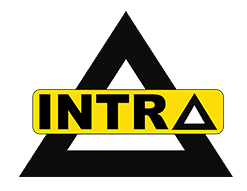Welcome Please view the course navigation video below Dear Member Welcome to the CPD Scholar-Medical Hub! As a valued member, you now have exclusive access to our comprehensive library of journal articles, carefully curated to support your continuous professional development (CPD) requirements as mandated by the Health Professions Council of South Africa (HPCSA). CPD


